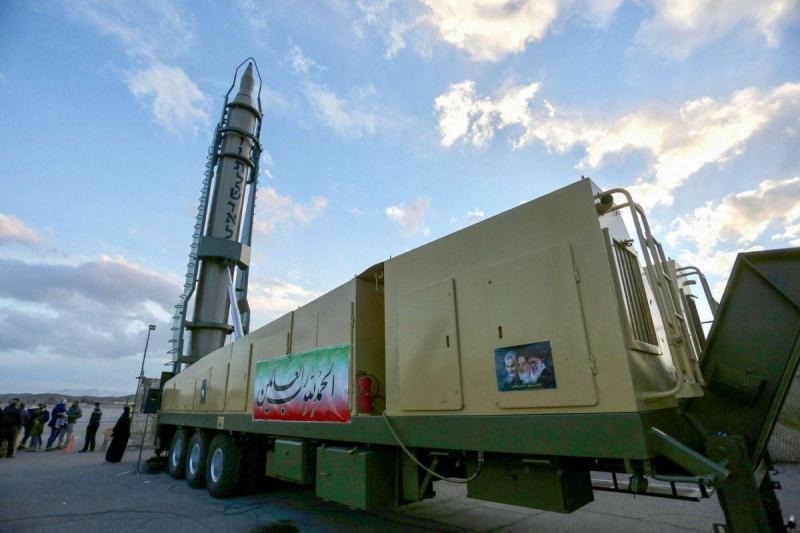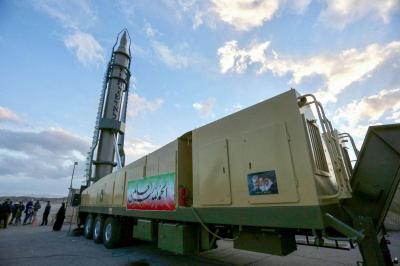Military experts have indicated that Iran may declare itself a nuclear power by the end of this year, amid political uncertainty in the United States as contested presidential elections approach, according to Fox News. James Carafano, Vice President of Foreign Policy and Defense Studies at the Heritage Foundation, stated that "Iran may seize this opportunity to announce itself as a nuclear power, especially given the current political situation in the United States and the lack of any decisive action expected from President Biden." He added that "Iran might see this time as a chance to achieve nuclear gains before a new U.S. administration takes over," noting that "Iran’s declaration as a nuclear power would create a global panic, but it might not lead to an immediate military response from the U.S. or Israel, given both countries' current preoccupations."
Retired Air Force General Charles Moore agreed with Carafano's assessment, emphasizing that "Iran's announcement of its nuclear capabilities may not necessarily indicate its ability to effectively use a nuclear weapon, and it is likely that either Israel or the U.S. would take action to prevent any further advancement in this regard." Experts pointed out that "the Iranian nuclear threat could drive other countries in the region, such as Saudi Arabia, Turkey, and Egypt, to seek nuclear weapons." They also warned that "global political tensions could lead to a rapid and unexpected escalation, rendering the current situation risky."
Iran denies that it seeks to develop nuclear weapons, stating that its nuclear program is solely for peaceful purposes. However, the international community remains vigilant for any developments that could alter the nuclear balance of power in the Middle East.
**Iran’s Nuclear File**
The Iranian nuclear file is an international issue relating to Iran's nuclear program and the development of nuclear technologies. This issue began in the late twentieth century and became more prominent at the beginning of the third millennium. Iran claims its nuclear program is intended for peaceful purposes, such as electricity generation, but international concerns persist that Iran may seek to develop nuclear weapons. These concerns have prompted the international community to take steps to monitor and manage the Iranian nuclear program.
International efforts in this regard include:
- **Negotiations and Agreements:** There have been several rounds of negotiations between Iran and major powers (the United States, Russia, China, France, Britain, and Germany) to reach agreements regarding Iran's nuclear program. Notable among these agreements is the Iranian nuclear deal known as the Joint Comprehensive Plan of Action (JCPOA), which was reached in 2015.
- **Economic Sanctions:** The United Nations, the European Union, and the United States imposed a series of economic sanctions on Iran to pressure it to limit its nuclear program. These sanctions targeted various aspects of the Iranian economy, including the oil and banking sectors.
- **Monitoring and Inspection:** The International Atomic Energy Agency (IAEA) conducts regular inspections to monitor nuclear activities in Iran and ensure there are no developments toward nuclear weapons.
- **Tensions and Withdrawal:** In 2018, U.S. President Donald Trump withdrew from the nuclear agreement and reinstated sanctions on Iran, escalating tensions in the region and intensifying the crisis. Iran has, in turn, begun to reduce its commitments under the agreement.
**Current Developments:** Relations between Iran and major powers are marked by tension and complexity, and international efforts continue to seek diplomatic solutions to prevent an escalation of the conflict and ensure that the Iranian nuclear program does not transform into a nuclear weapon.
This issue represents one of the most significant geopolitical challenges of the modern era and has major implications for regional and international stability.




